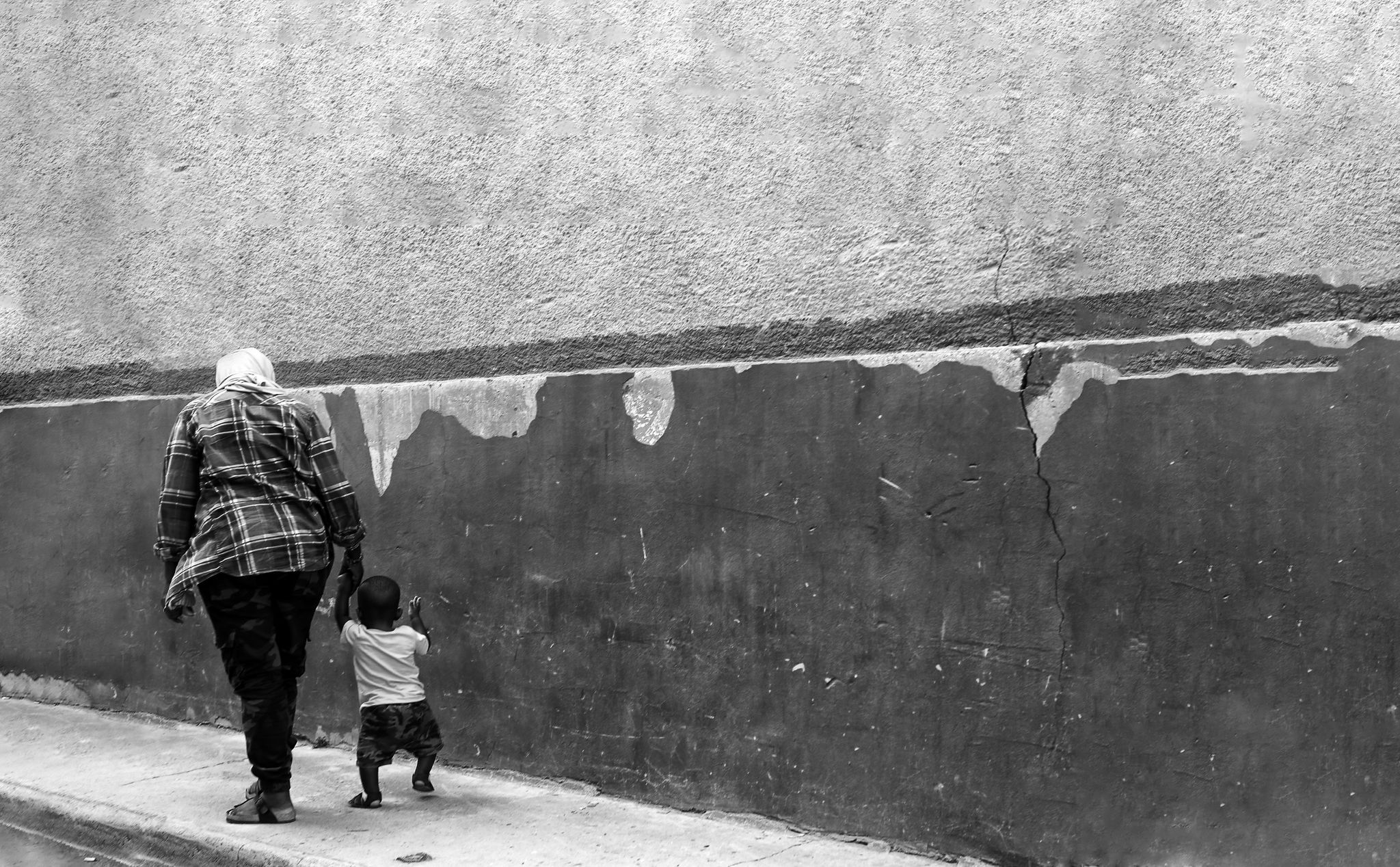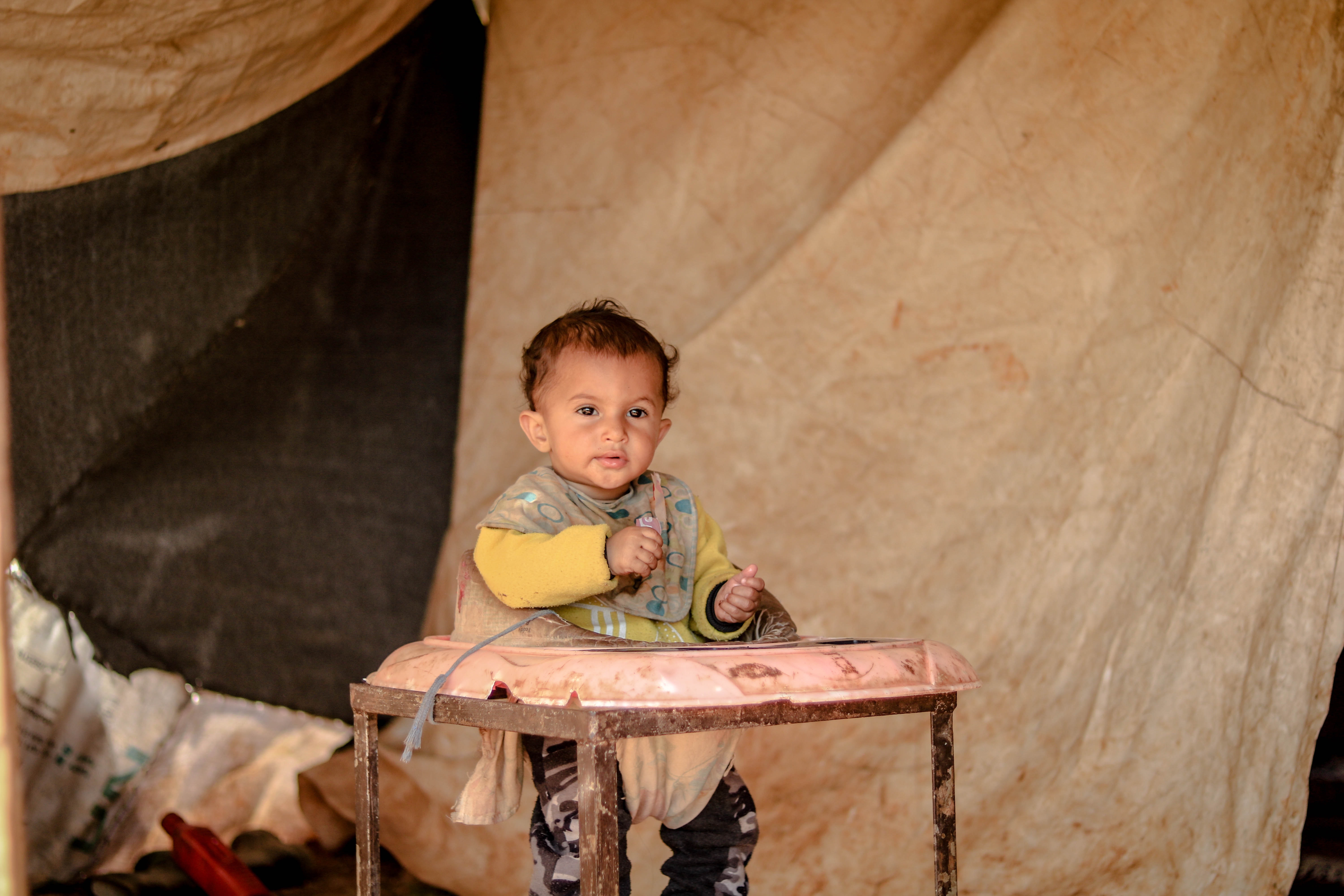- Home
- Blogs
- Yoga, Meditation & Fitness
- Relation Between Maternal Malnutrition and Childhood Cataract
- Relation Bet...
Relation Between Maternal Malnutrition and Childhood Cataract

The cases of childhood blindness and cataract have been increasing around the world rapidly. And you will be shocked to know that paediatric cataract is found to affect 15 out of every 10,000 births in India.
The situation demands a lot of attention and also possible solutions. Although childhood cataracts or childhood blindness can be caused due to multiple reasons but maternal malnutrition is one of the major ones. Hence, there is a requirement for expectant mothers to be well informed.
This article will tell you how maternal malnutrition and childhood cataract are interrelated along with other necessary details. Let’s begin without further ado.
What is Maternal Malnutrition?
Maternal malnutrition refers to a lack of proper nutrition in a woman during pregnancy, which can lead to adverse health outcomes for both the mother and the developing foetus. This can include inadequate intake of essential nutrients such as protein, vitamins, and minerals, which can affect foetal growth and development and increase the risk of complications during pregnancy and childbirth.
Maternal malnutrition can also increase the risk of low birth weight, preterm birth, and other negative health outcomes for the infant. It is important for women to receive proper prenatal care and nutrition to support healthy pregnancy outcomes.
What is Cataract?
A cataract is a common eye condition where the natural lens in the eye becomes cloudy, affecting vision. This cloudiness can cause symptoms such as blurry vision, glare, and difficulty seeing at night. Cataracts typically develop slowly over time and are more common in older adults, but they can also occur due to injury, certain medical conditions, or as a side effect of certain medications.
What is Childhood Cataract?
Childhood cataract is a type of cataract that occurs in children, typically before the age of 2. It can be present at birth or develop later, and it can cause vision problems that can affect a child's development and quality of life.
Childhood cataracts can be caused by genetic factors, infections, injury, maternal malnutrition or other medical conditions, and early diagnosis and treatment is important to preserve vision and prevent vision loss.

How Are Maternal Malnutrition and Childhood Cataracts Related?
Malnutrition during pregnancy can increase the risk of developing childhood cataracts. Malnutrition during pregnancy can affect the development and functioning of the foetal lens, leading to a higher risk of childhood cataracts. Inadequate intake of specific nutrients, such as antioxidants and certain vitamins, has been associated with an increased risk of childhood cataracts.
Additionally, maternal malnutrition can also increase the risk of other birth defects and health problems, which can further increase the risk of childhood cataracts. Therefore, it is important for women to receive proper nutrition during pregnancy to support healthy foetal development and reduce the risk of childhood cataracts and other negative health outcomes.
Nutrients Necessary During Maternity for Avoiding Childhood Cataracts
There are specific nutrients that help in the proper development of the foetus lens.
Some of the essential nutrients that are important for reducing the risk of childhood cataracts include-
Antioxidants
Antioxidants such as vitamin C and vitamin E are essential for foetal lens growth and health.
Vitamin C is involved in the production of collagen, which is a protein that provides structural support to the eye. Vitamin E is an important antioxidant that helps protect the eye against oxidative damage and supports proper eye function. And during pregnancy, the developing foetus is vulnerable to oxidative stress, which can affect the growth and development of the eye and increase the risk of childhood cataracts.
Hence, it is important for women to receive adequate amounts of antioxidants during pregnancy to support healthy foetal eye development and reduce the risk of childhood cataracts.
Vitamin A
Vitamin A is an essential nutrient that plays an important role in supporting healthy foetal eye development during pregnancy. Vitamin A is involved in the production of a pigment called rhodopsin, which is important for proper vision, especially in low-light conditions. Vitamin A also helps protect the eye against oxidative damage, which can contribute to the development of childhood cataracts.
Zinc
Zinc is important for foetal eye development during pregnancy as it is involved in the formation and functioning of the retina. Zinc deficiency during pregnancy has been linked to an increased risk of visual impairment in the developing foetus. Therefore, pregnant women should get adequate amounts of zinc in their diets to support healthy foetal eye development.
Other Causes of Childhood Cataracts
Now that you know how maternal malnutrition is related to childhood blindness, it is time to look at other factors that can cause it. We have listed the causes down, have a look-
Congenital/genetic factors: Childhood cataracts can be present at birth and may be due to genetic mutations that affect lens development.
Infections: Certain infections during pregnancy, such as rubella or toxoplasmosis, can cause childhood cataracts.
Trauma: Physical injury to the eye can result in cataracts in children.
Metabolic diseases: Metabolic disorders such as galactosemia can cause cataracts in children.
Exposure to toxins: Exposure to certain chemicals or drugs, such as corticosteroids or carbon monoxide, can lead to the development of cataracts in children.

How Can Proper Diet Prevent Maternal Malnutrition?
A balanced diet rich in essential nutrients can prevent maternal malnutrition by providing the body with enough nutrients to support the physical demands of pregnancy and lactation. This includes:
- Adequate protein intake
- Increased consumption of iron and folate
- Sufficient intake of calcium, vitamins A and C
- Eating enough calories and a variety of foods to meet energy needs
- Limiting consumption of foods high in saturated fat, added sugars, and sodium.
- Drinking enough water to stay hydrated.
It is recommended to consult a healthcare professional or an OB-GYN for personalized dietary advice. Additionally, you can also check out precisely designed pregnancy care plans for mothers-to-be by the experts of Newmi Care. These plans are affordable and will cater to all your maternity nutrient needs.
Summing Up
Childhood blindness is a serious issue and can change the entire life of your kid. So, it is better to be wise and take responsible steps towards maintaining a healthy diet during pregnancy.
Please consult experts before experimenting with diet plans yourself.
If you have any doubts then drop them in the comments or raise a query now.
Leave a Comment
Blogs
Popular Posts
Get the latest from Newmi
Subscribe to get Email Updates!
Thanks for subscribe.
Your response has been recorded.
COPYRIGHT © 2025 KA HEALTHCARE PVT LTD - ALL RIGHTS RESERVED.
Disclaimer: NEWMI CARE does not cater to any medical/Pregnancy or psychiatric emergencies. If you are in a life-threatening situation, please do NOT use this site. If you are feeling suicidal, we recommend you call a suicide prevention helpline or go to your nearest hospital.

0 Comment